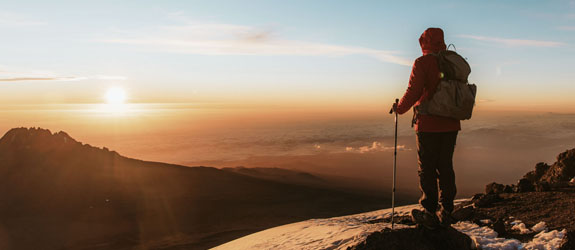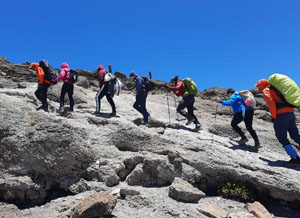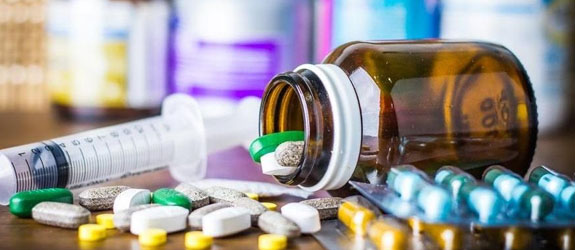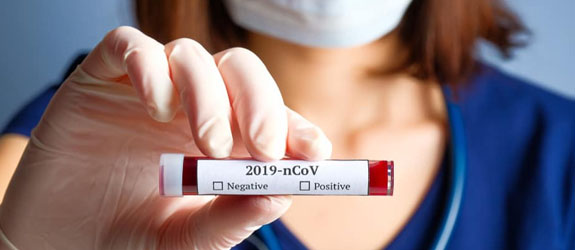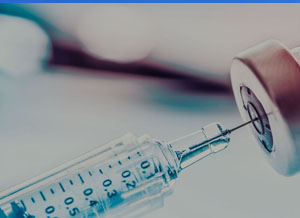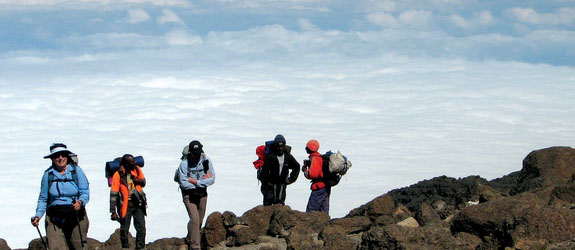Start the year by trekking up Kilimanjaro during one of its warmest periods. Expect clear skies during mornings and evenings, perfect for enjoying sunrise or sunset views. Afternoons can bring clouds, and occasional rains may appear.
Like January, February offers warm climbing conditions with mostly clear mornings and evenings. This is a popular time, so anticipate encountering other enthusiastic climbers on your journey.
The onset of the long rainy season begins towards the end of March. Climbing can be challenging due to wet, muddy, and occasionally snowy trails. It might be a choice for those who prefer solitude and a snow-capped summit, albeit with added challenges.
As the heart of the rainy season, April has heavy downpours, making trails quite slippery. While the wetness could deter many, the serene tranquillity and snow-capped views can be a unique reward for some brave souls.
Still, within the rainy season, May sees the continuation of wet and muddy trails. The advantage is the mountain’s serene environment, where climbers can enjoy peace and solitude away from the crowds.
A transitional month, June witnesses the shift from the rainy to the dry season. Though drier than the preceding months, anticipate cold temperatures and potential cloud cover, obscuring the breathtaking views.
From July, Kilimanjaro experiences colder yet drier conditions. The possibility of rain exists, especially in the rainforest section, but showers are typically sparse and infrequent. Clear skies dominate, making for splendid vistas.
August maintains the cold but dry trend, ideal for those seeking clear panoramic sights of the vast Tanzanian landscapes. Popular among climbers, anticipate meeting fellow trekkers along the paths and at campsites.
Retaining the conditions of the preceding months, September offers cold but predominantly dry weather. The clear skies and the pleasant trekking conditions make it a favourite month for many climbers.
At the tail end of the dry season, October remains a prime month for climbing, although there’s a slight increase in the likelihood of rainfall as it progresses. Nonetheless, it remains a popular choice for many climbing enthusiasts.
The onset of a brief rainy period starts in November. Climbers can expect occasional afternoon showers, but mornings and evenings remain clear. The trails can be wet and slippery, demanding caution.
The short rains often stretch into December. Despite this, many choose this festive month for their Kilimanjaro expedition, drawn by the challenge and the excitement of concluding their year on Africa's highest peak.

 Before Kilimanjaro Climb
Before Kilimanjaro Climb 